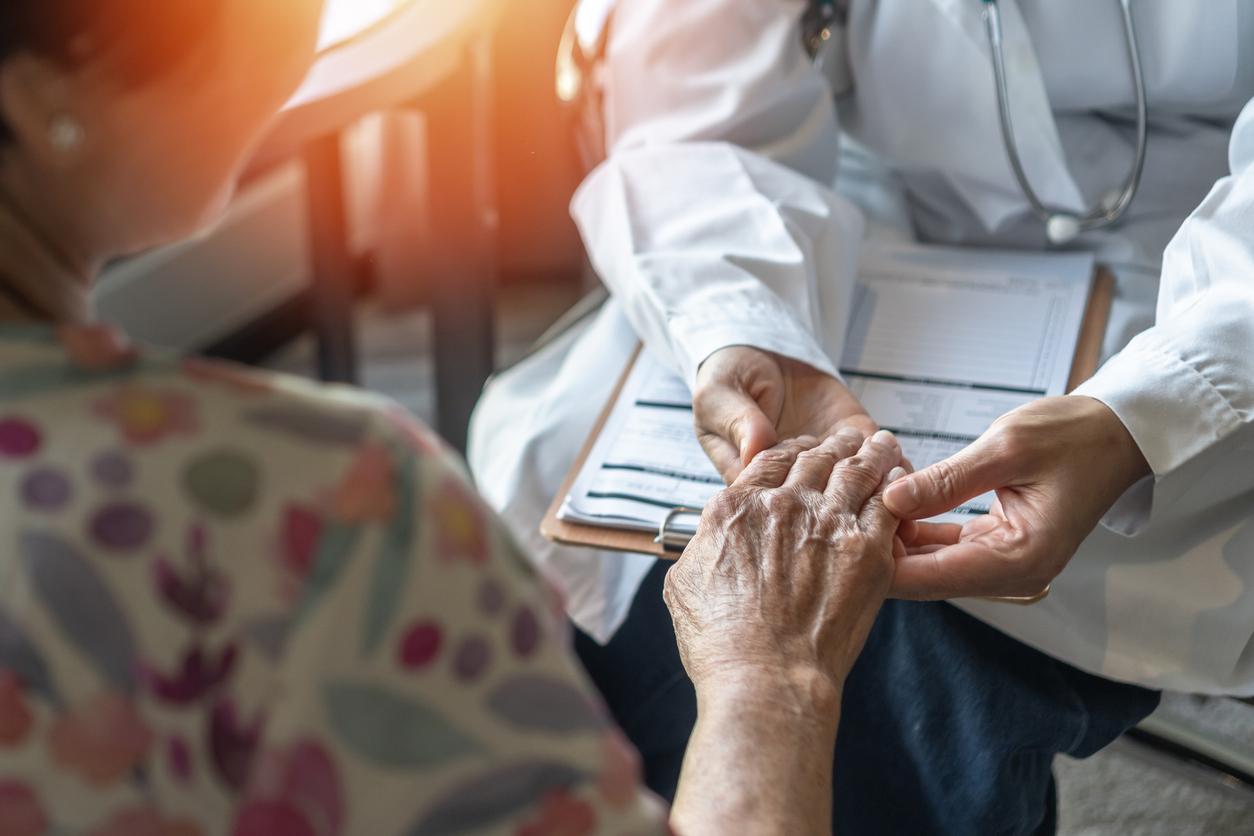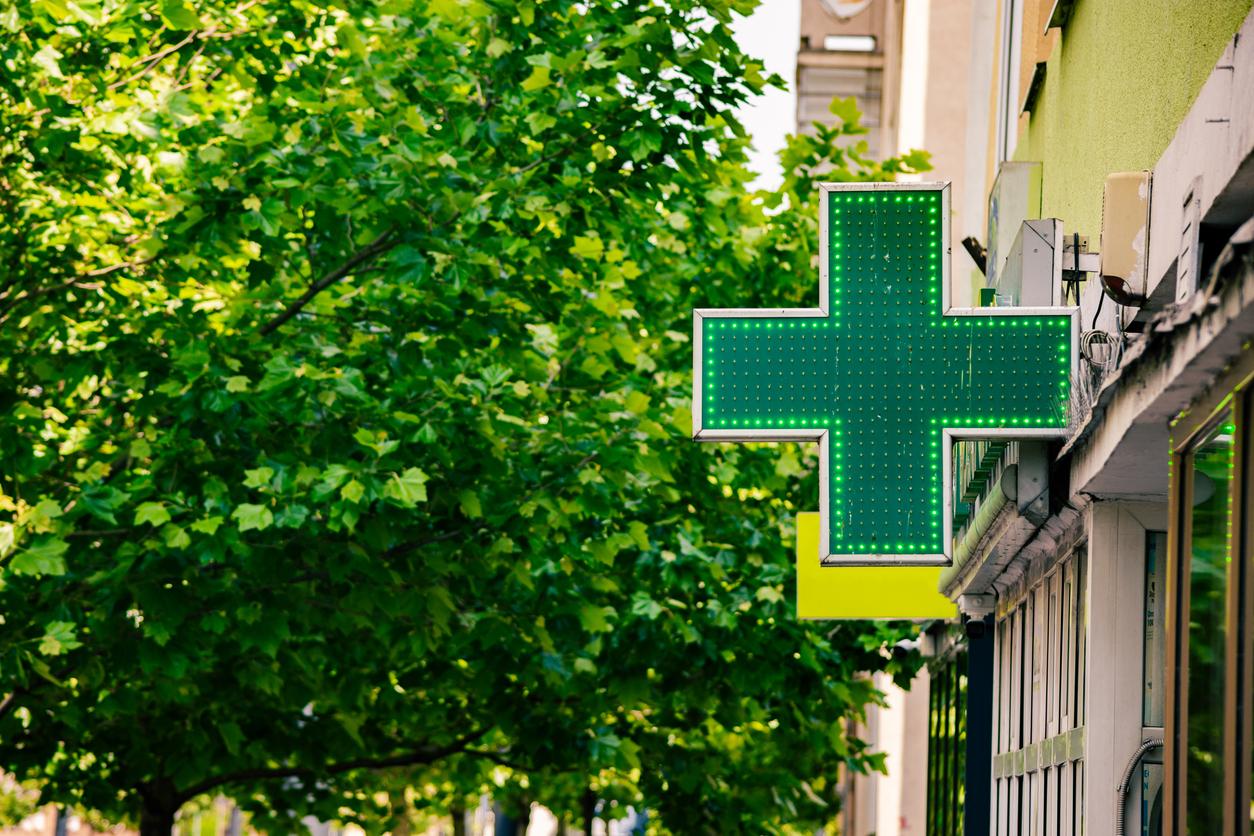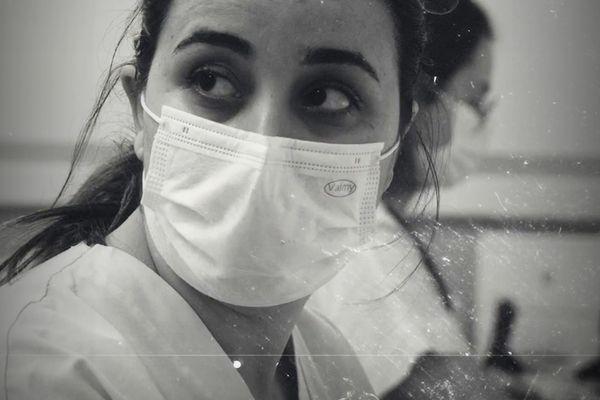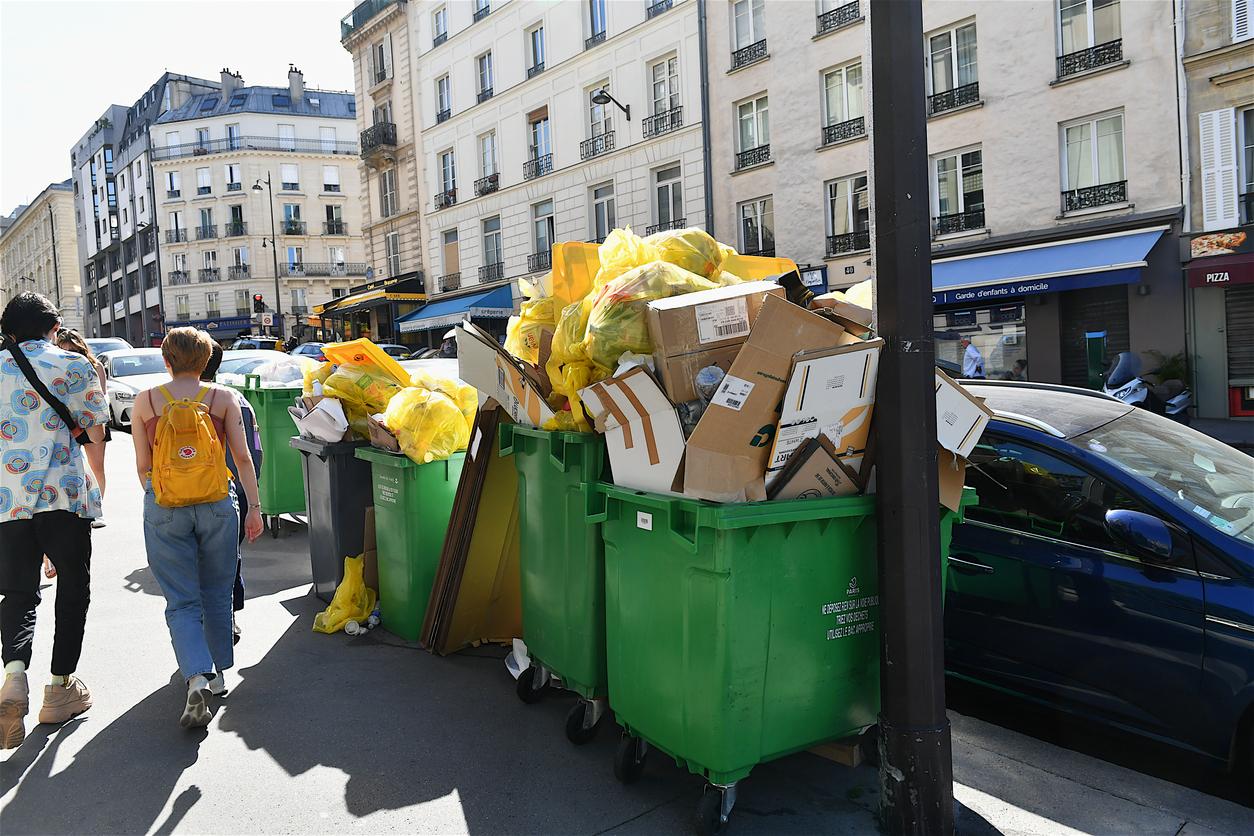INTERVIEW – The population denounces the delays in the health system and the lack of access to care. Some people are very isolated.
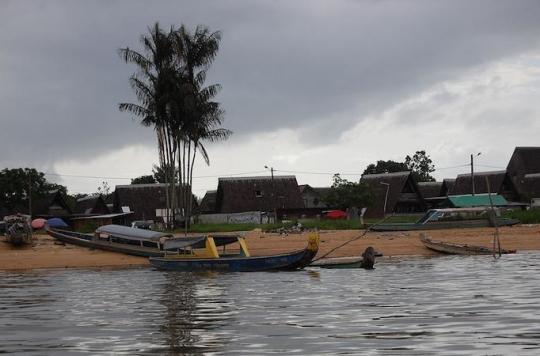
First department of France, Guyana extends over an area equivalent to Portugal. It is often distinguished by its health indicators, in the red. This March 27, its inhabitants decided to fight. Led by the Guyanese Workers Union, which brings together 37 unions, they declared a general strike of indefinite duration.
Guyanese are determined, and rightly so. In this overseas department, where one in five inhabitant is isolated from any health care, obesity and infectious diseases are legion. They asked to speak to a government minister. He sent them a delegation led by a former prefect. The collective “500 brothers against delinquency” refused any interview. Prime Minister Bernard Cazeneuve has therefore announced the visit of a delegation of ministers before the end of the week.
Among the objects of the crisis, the health system, the means of which are largely insufficient in relation to the needs of the population. Dr Yves-Marie Ducrot, deputy coordinating doctor of French Guiana health centers, testifies for Why actor.
How is care organized in Guyana?
Dr Yves-Marie Ducrot : As in metropolitan France, there are major problems with the establishment of general practitioners, even more glaring in the municipalities of the interior. They are mainly located on the border with Suriname – from the Amerindian countries to Apatou since the whole river is scattered with small towns -, and on the side of the Brazilian border with the remote village of Trois Sauts to Saint-Georges and Ouanary.
On the coast, there are also a few isolated towns, but there are more general practitioners in this area. Guyana has health centers managed by the CH Cayenne.
Listen to the full interview with Dr Yves-Marie Ducrot:
What problems are you facing?
Dr Yves-Marie Ducrot : Difficulty in accessing healthcare. That is to say that we have health centers spread over small towns. But the distance between campou and the health centers can represent several hours of canoe, which can be accentuated in the dry season when the canoes have much more difficulty to circulate.
The other problem is social rights. Many French patients do not have social rights because they have not taken the necessary steps. In addition, many foreign patients are in the territory in an irregular situation and can benefit from the AME but have not taken the necessary steps.
Once at the health center, for certain serious pathologies, they must be evacuated to Cayenne or Saint-Jean-du-Maroni. But this can only be done by helicopter, or by canoe for relative emergencies. However, there are only one or two helicopters for the whole of Guyana. We can therefore sometimes wait several hours, or even twenty-four hours, before evacuating them.
How can the Guyanese health system improve?
Dr Yves-Marie Ducrot : We have health centers that are sometimes dilapidated, which need to be rebuilt or renovated. This requires significant financial needs, especially since everything must be brought by canoe for construction. This increases the costs, the time to carry out the work.
Regarding recruitment, it is an unattractive department. The cultural richness, the population, make one like the department a lot once there.
But working in Guyana is scary, especially as the positions are often isolated. Doctors and nurses do not necessarily feel comfortable working in these somewhat rudimentary living conditions. In some villages there is only a small grocery store, if any at all. It has a certain charm, but it may put some people off.
And then, in hospitals, there is a lack of open positions. Right now there are big financial problems. Our patients are transferred to two hospitals, in Cayenne and Saint-Jean-du-Maroni. When they are evacuated for emergency situations or as part of scheduled hospitalizations, it is sometimes complicated because they lack beds to hospitalize these patients.
.



